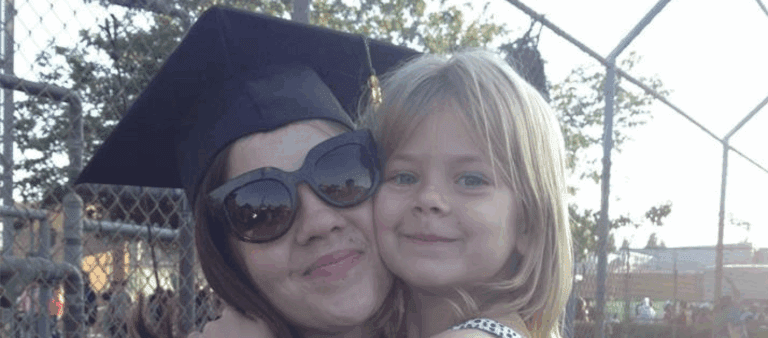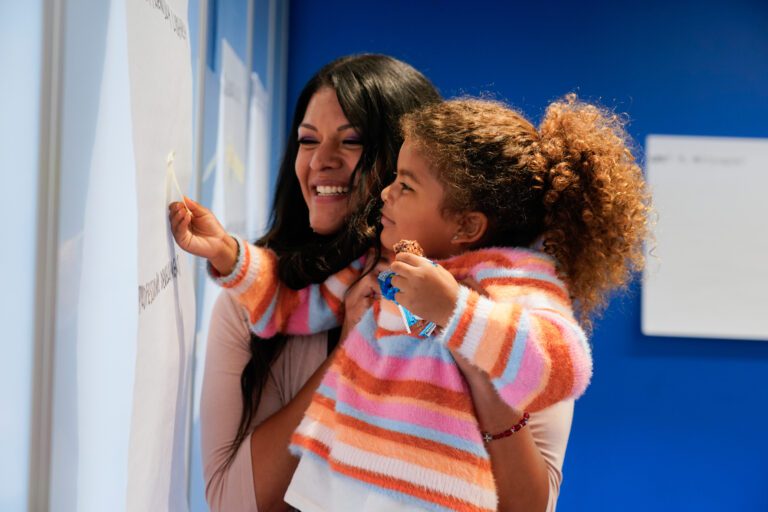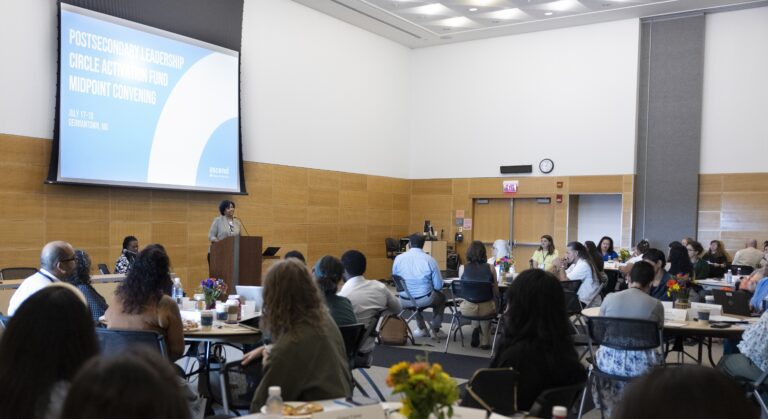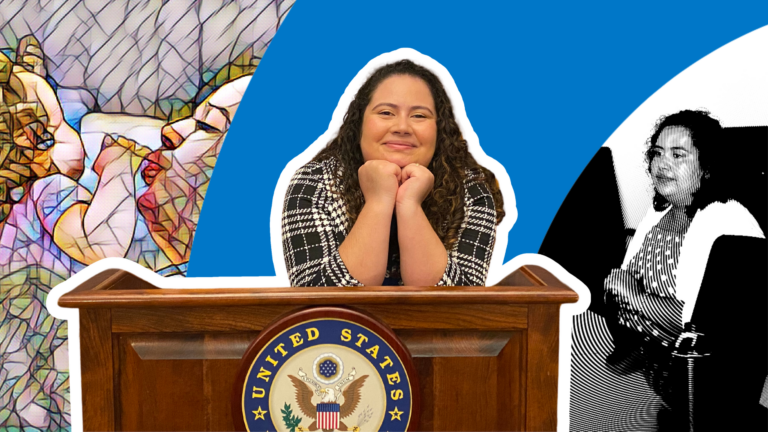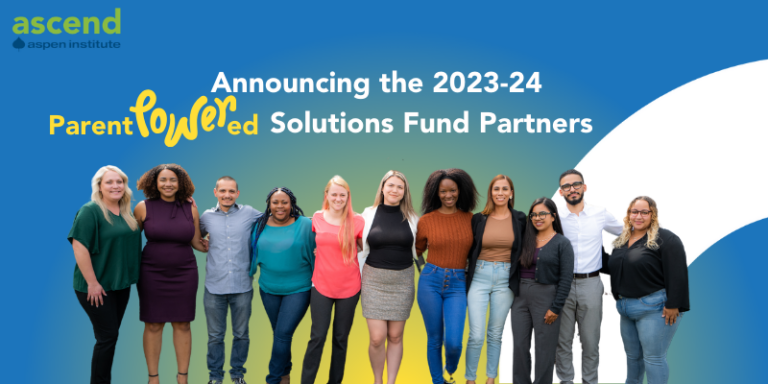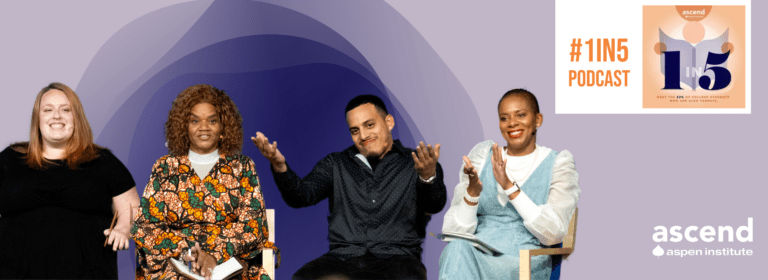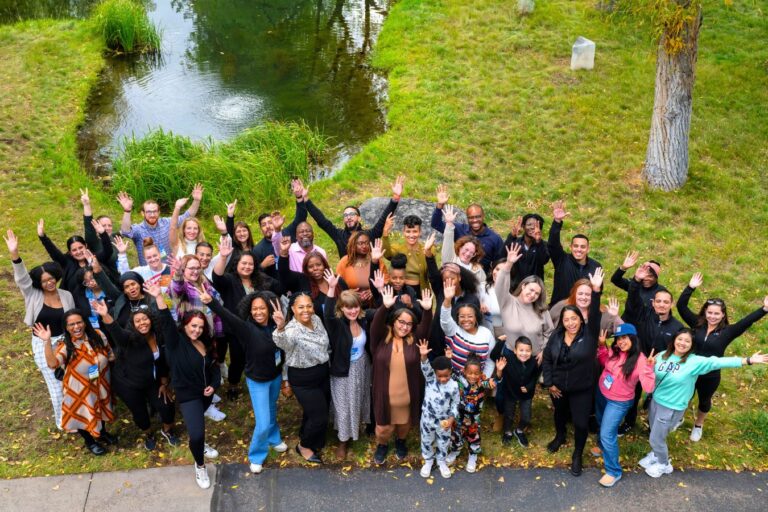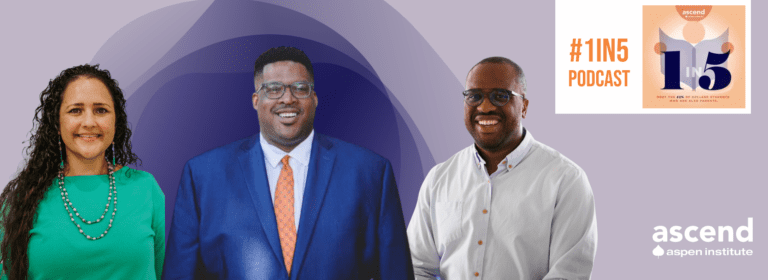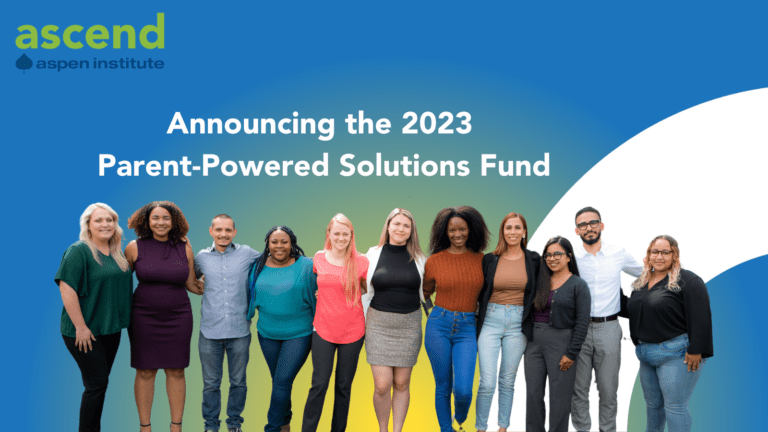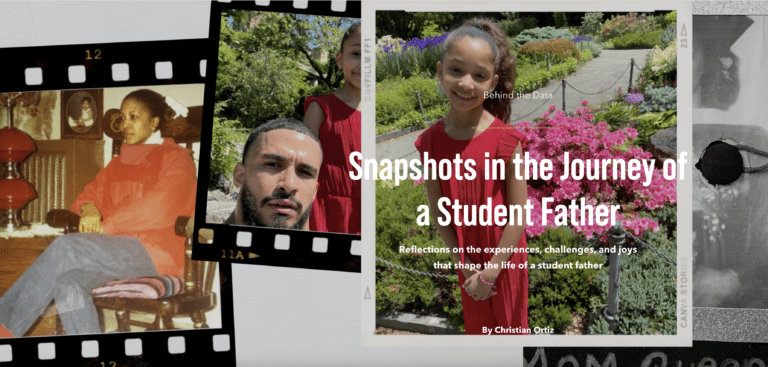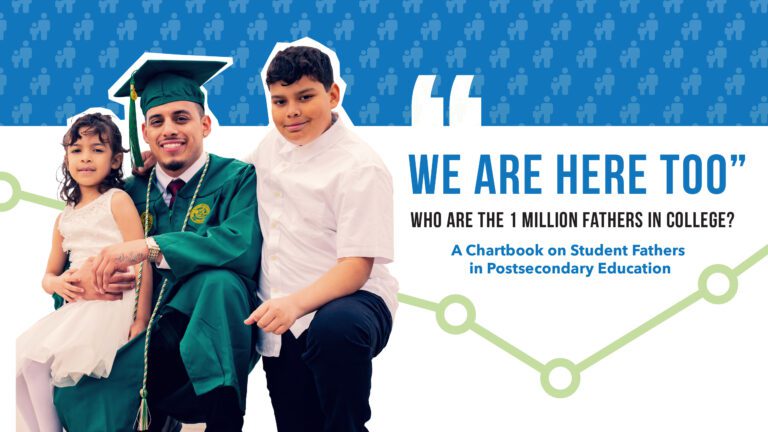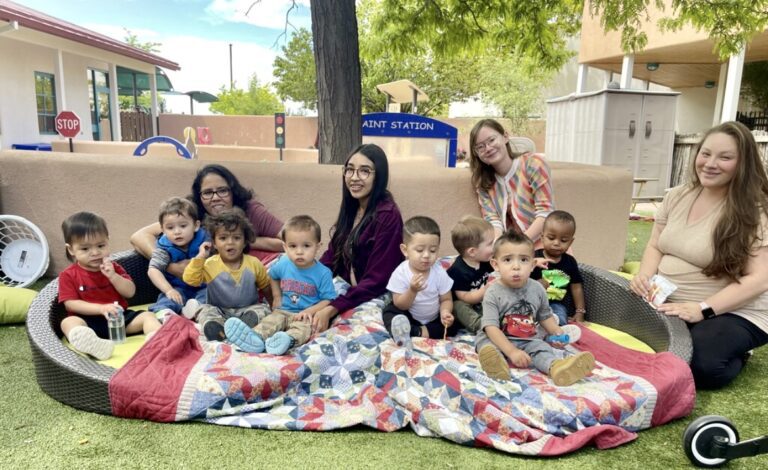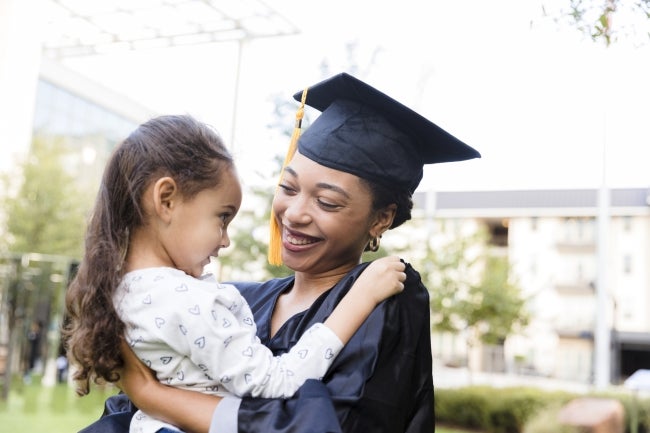Weathering the Storm with Student Parents: Confronting Racism and COVID-19 in Minnesota
In the 20 years I have been with the University of Minnesota’s Student Parent HELP Center (SPHC), I have never experienced anything like the parallel traumas of a pandemic and the George Floyd murder. Being in Minneapolis, which has been at the epicenter of the national mourning of George Floyd and resulting social strife, has made this a uniquely difficult time for our program. The SPHC serves a particularly diverse group of students, with typically 50 percent of our registered program users identifying as Black, Indigenous, or Person of Color (BIPOC). We have witnessed the devastating impact that the abrupt transition to online classes and homeschooling, combined with the racial unrest in the Twin Cities, have had on our students.
The SPHC has always been a relationally-based program. Research driven and intentionally designed, all programs emphasize student parent-peer relationships, staff and student engagement, and the creation of a welcoming home base for pregnant and parenting students on campus. When we began to work remotely in March, we were very worried this relational work would be interrupted. Thankfully, we have found this has not been the case. Although for safety reasons we had to end on-site contacts, our weekly Parents As Students Support (PASS) Group, our End-of-Year Celebration, and Graduation Party, we feel we have been able to pivot and maintain our connection to students through Zoom and outgoing, staff-initiated, check-in calls to every undergraduate SPHC parent.
From the moment we went remote, we began brainstorming ways to reach out to students and re-tool programming we could no longer maintain due to safety concerns. When we witnessed several students floundering when they transitioned to online learning and homeschooling, we initiated outreach calls to every undergraduate student parent served by the SPHC. Those contacts resulted in more than one intervention that saved a student’s term and/or graduation. The first round of calls covered not just COVID-related health and related stressors, but also the city-wide protests, impact on their specific neighborhoods, and any personal trauma they might be experiencing, racially or otherwise. In one case, a student burst into tears when our staff asked how they were doing, sharing she felt she was drowning academically in her online classes and was also not keeping up with her first-grade daughter’s studies. We immediately began weekly Zoom check-ins, mediated a plan with her professor, and scheduled joint meetings with the professor, the student, and I, as needed. Eventually, this student went from being totally lost and failing to a more than passing grade and graduation at the end of the term. We also identified significant mental health issues, found struggling single mothers cut off from all avenues of emotional support, and resolved financial issues with SPHC emergency grants or referrals to financial aid-based government CARES fund and other COVID-related funding.
In determining what we would do to replace our much-loved weekly PASS Group, we immediately reached out directly to past attendees to determine their interest in a Zoom-based weekly support group. We found online classes and other academic meetings had already led to screen burnout, making an online PASS Group offering a strong “NO” from our students. However, they reported missing their PASS friends and connection with staff leaders and agreed to some type of replacement offering for fall would be welcomed, if we continued to work remotely. Since they reported that meeting weekly would be too frequent, we are planning a series of bi-weekly Zoom events for fall term that feature more activity and less discussion. We are developing plans that will incorporate the children, so they are not faced with additional time with mom or dad staring at a screen and not at them. One idea is to hold an online scavenger hunt where parents can send the kiddos off to gather household items and then do a “show and tell” with one of the items listed.
The SPHC has also continued our core resource and referral work, now through emails or calls. We have used our email list to communicate key details of government aid programs, COVID funding at the U, and new funds offered by local municipalities. The SPHC worked hard to assist students as a whole and individually to access the new unemployment and stimulus funding. We also released an emailed statement sharing our heartfelt concerns for students impacted by the George Floyd murder, neighborhood unrest, and on-going national social justice issues.
Although the SPHC has weathered many storms in our 50-year history, nothing has compared to these dual crises. Not the closing of our host college and administrative re-location in 2005, not the day the Twin Towers fell during 9/11, and not any previous belt tightening we have had to do during economic downturns. No previous budgetary crunch or pain will equal the scenarios the U of M and higher education overall, now faces. It was heartbreaking canceling our End-of-Year Celebration for the first time in 15 years.
However, more than parties or events or even the money we offer, it is staff expertise and our relationships with students that has had the greatest impact, even in terms of degrees saved. Because of our years of donor engagement and development work, we feel our funding pools for students are secure. We are still completing intakes with new students by phone or Zoom. We have transitioned to processing all child care grants electronically. We are holding more weekly check-in meetings with students than we did before life changed so dramatically. We have assisted students in mediating pregnancy “leaves” from classes through email alone. Currently, we are in no danger of losing staff positions and continue to do the work, remaining physically – but not socially or personally – distanced.
Susan Warfield is the program director of the Student Parent HELP Center at University of Minnesota-Twin Cities. She is a National Advisor with the Ascend Postsecondary Success for Parents Initiative.
Photo above of past End of Year Celebration and Graduation Party provided by the SPHC.
The SPHC recently published an in-depth evaluation, “Academic Outcomes of Undergraduate Student Parents,” by Wilder Research and funded by Raise the Barr, an Ascend Network Partner. Read the report here.
Related Posts
